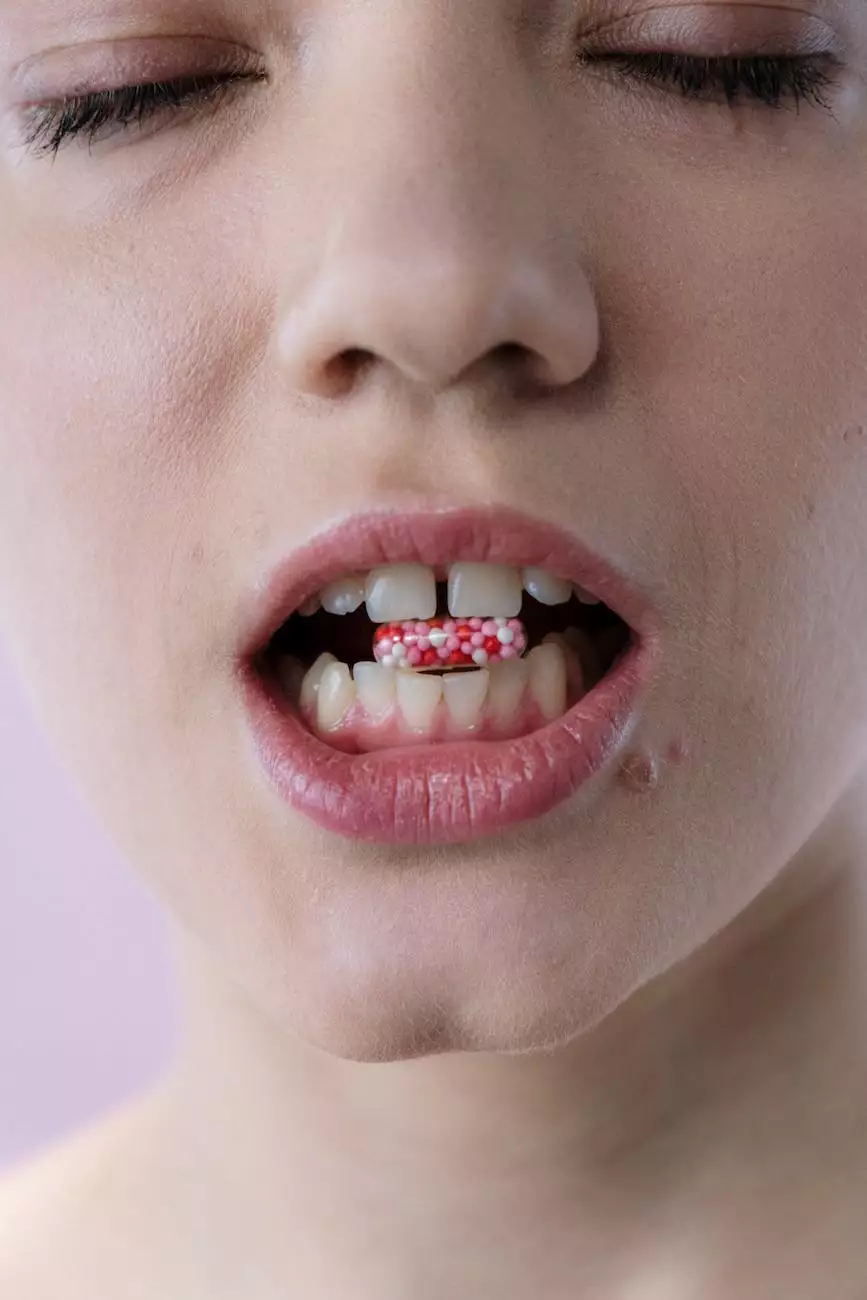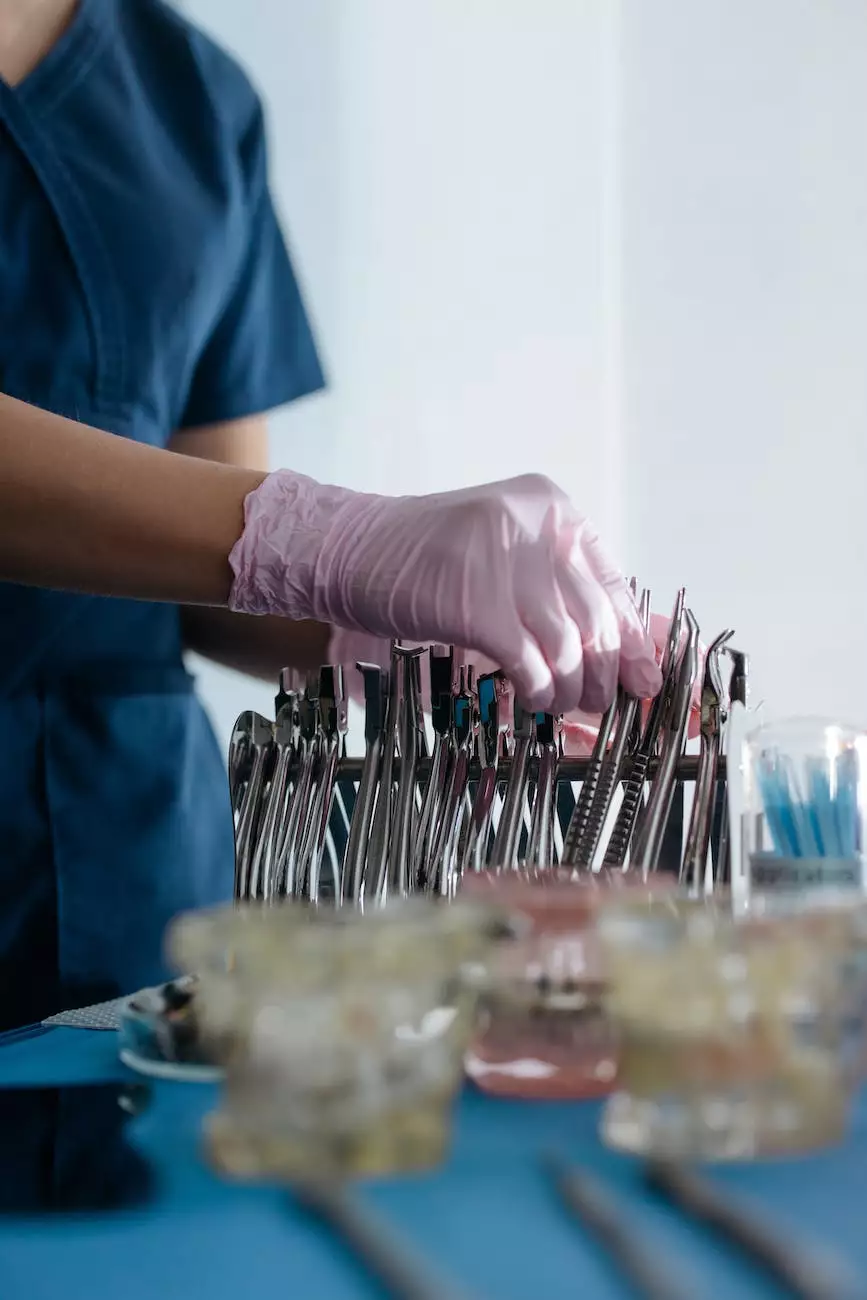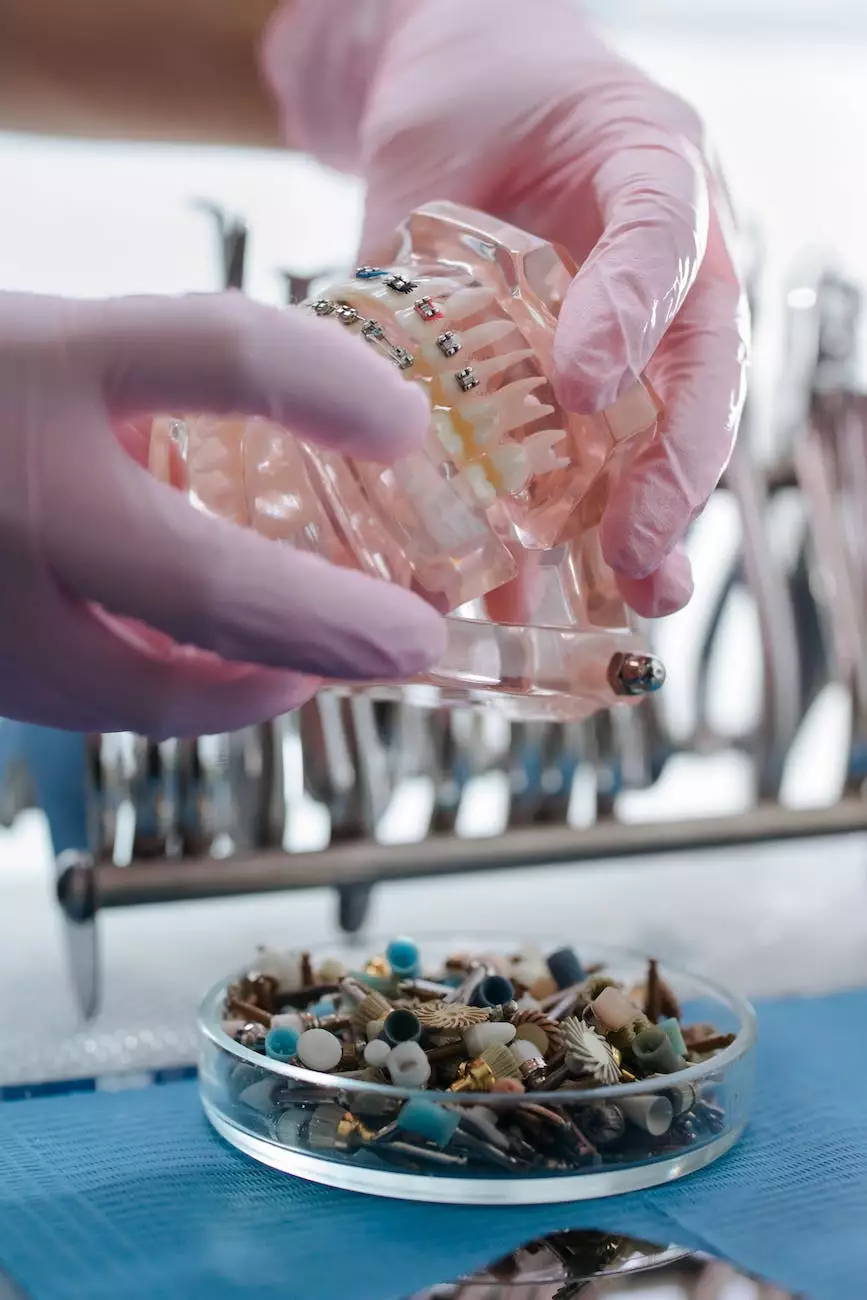Can Small Cavities Heal by Themselves?
Oral Hygiene
Introduction
Welcome to the informative page of Robert Miller, DDS, a leading dental professional in Delray Beach. In this article, we will explore the intriguing topic of whether small cavities have the potential to heal by themselves. As experts in the field of dentistry, we strive to provide valuable insights to help you make informed decisions about your oral health.
Understanding Cavities
Cavities, also known as dental caries, are a common oral health concern for many individuals. They are caused by a combination of factors including poor oral hygiene, plaque buildup, and bacteria. Cavities form when the enamel, the protective outer layer of the tooth, gets damaged due to acid produced by bacteria in the mouth.
The Healing Process of Small Cavities
Small cavities, in their early stages, have the potential to heal on their own through a process known as remineralization. This natural healing process occurs when nutrients such as fluoride, calcium, and phosphate are present in the saliva and are absorbed by the tooth enamel, strengthening it and reversing early tooth decay.
Remineralization can be encouraged by maintaining a healthy oral hygiene routine, including regular brushing (at least twice a day) with fluoride toothpaste and flossing. Using fluoride mouthwash can also contribute to the remineralization process. Furthermore, a balanced diet rich in vitamins and minerals can support the overall health of your teeth and gums.
Importance of Early Detection
While small cavities have the potential to heal themselves, it is crucial to detect them early. Regular dental check-ups and cleanings play a vital role in identifying cavities in their initial stages. Dentists can use various diagnostic tools such as X-rays and visual examinations to assess the severity of tooth decay.
Early detection allows dental professionals to implement preventive measures and interventions to halt the progression of cavities. This can include the application of dental sealants or fluoride treatments to protect the affected tooth.
Professional Intervention for Larger Cavities
Although small cavities may be able to heal by themselves, larger cavities require professional intervention to prevent further damage. When cavities are left untreated or progress beyond the enamel, they can impact the inner layers of the tooth, leading to more significant problems such as tooth sensitivity, pain, and even infections.
If a small cavity is left untreated and grows in size, it may eventually require a dental filling, root canal treatment, or even tooth extraction. It is important to address cavities promptly to avoid unnecessary discomfort and complications.
Preventing Cavities
Prevention is key when it comes to maintaining optimal oral health. To reduce the risk of cavities, consider the following preventive measures:
- Brush your teeth thoroughly at least twice a day with a fluoride toothpaste.
- Floss daily to remove plaque and food particles from between your teeth.
- Limit your consumption of sugary and acidic foods and beverages.
- Consider using a fluoride mouthwash to strengthen tooth enamel.
- Visit your dentist regularly for check-ups and professional cleanings.
- Ask your dentist about dental sealants, which can provide an extra layer of protection against cavities.
Conclusion
In summary, small cavities have the potential to heal by themselves through the natural process of remineralization. However, early detection, proper oral hygiene practices, and regular dental check-ups are essential in maintaining optimal oral health. If you suspect a cavity or require professional dental services, contact Robert Miller, DDS, your trusted Delray Beach dental expert.










